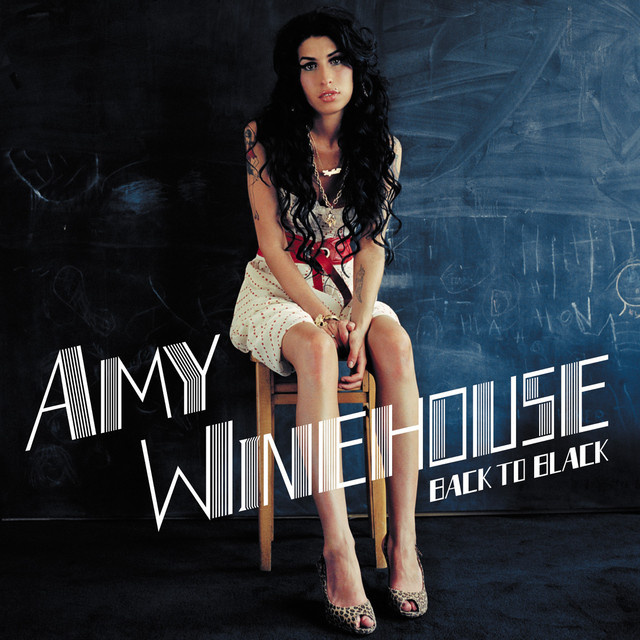Amy Winehouse’s Back to Black isn’t just an album; it’s a classic. Released in 2006, it channeled heartbreak, strength, and retro soul vibes that took the music world by storm. But beyond its Grammy-winning acclaim, there’s a lot more to this masterpiece than meets the ear.
1. The “Rehab” Hook Was Born from Real-Life Intervention Drama
Amy’s famous line “They tried to make me go to rehab, but I said, no, no, no” wasn’t crafted in the studio—it was inspired by a real-life intervention led by her family. Producer Mark Ronson saw the potential in her offhand comment and urged her to turn it into a song. The result was one of the most iconic choruses in modern music, blending raw defiance with catchy rhythm.
2. A Live Taxi Test for Sound Quality
Amy was a perfectionist when it came to her music. To make sure her songs would sound just right for fans listening anywhere, she’d burn her recordings onto CDs and play them in her father’s taxi. This “taxi test” let her hear the music the way many fans would—on the move, surrounded by the everyday noise of the city.
3. The Dap-Kings Brought a Classic Soul Touch
To capture the vintage sound she wanted, Amy collaborated with Sharon Jones’s band, The Dap-Kings, known for their old-school soul style. They recorded parts of the album in a single room to achieve a “live” sound, using minimal technology. The horns, bass, and drums fused with Amy’s voice to create that timeless Wall of Sound vibe we hear in Back to Black.
4. Inspired by Her Love of ’60s Girl Groups
Winehouse was deeply influenced by the ’60s, especially groups like The Shangri-Las. Her love for that era shaped the album’s musical aesthetic and lyrical tone, from heartbreak anthems to the bittersweet soundscapes. Tracks like “Back to Black” echo the tragedy and longing of those classic girl-group ballads, but with her modern, edgy twist.
5. Mark Ronson Almost Changed the Famous “I Died a Hundred Times” Line
The unforgettable line, “I died a hundred times,” from the song “Back to Black” almost didn’t make it into the final cut. Producer Mark Ronson initially wanted to change it to make it rhyme, but Amy insisted on keeping it as-is. Her conviction paid off—the line became one of her most haunting and powerful expressions of heartbreak.
Back to Black is packed with nuances and stories like these, making it more than just an album; it’s a peek into the heart and soul of one of music’s most unforgettable voices.







